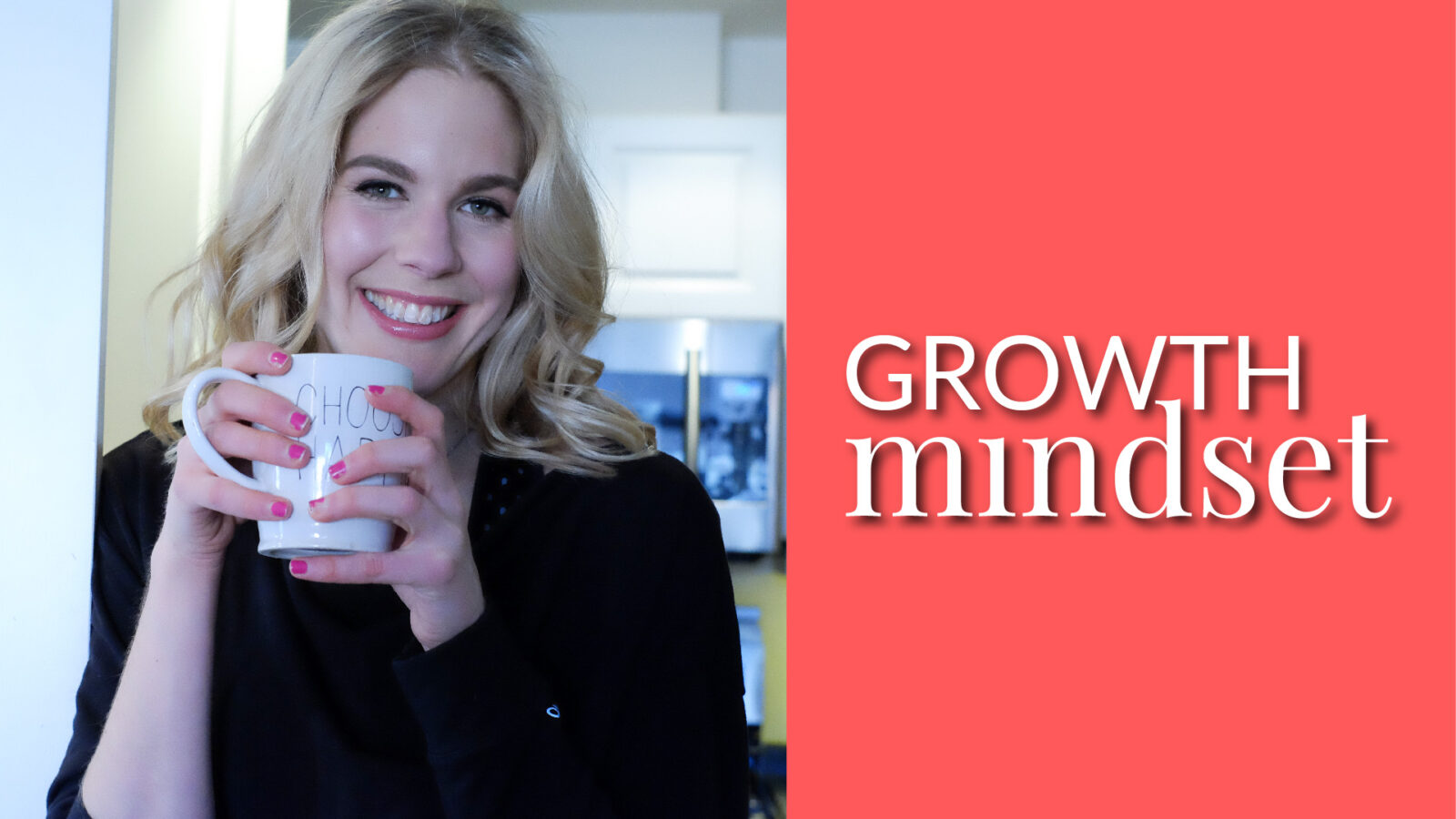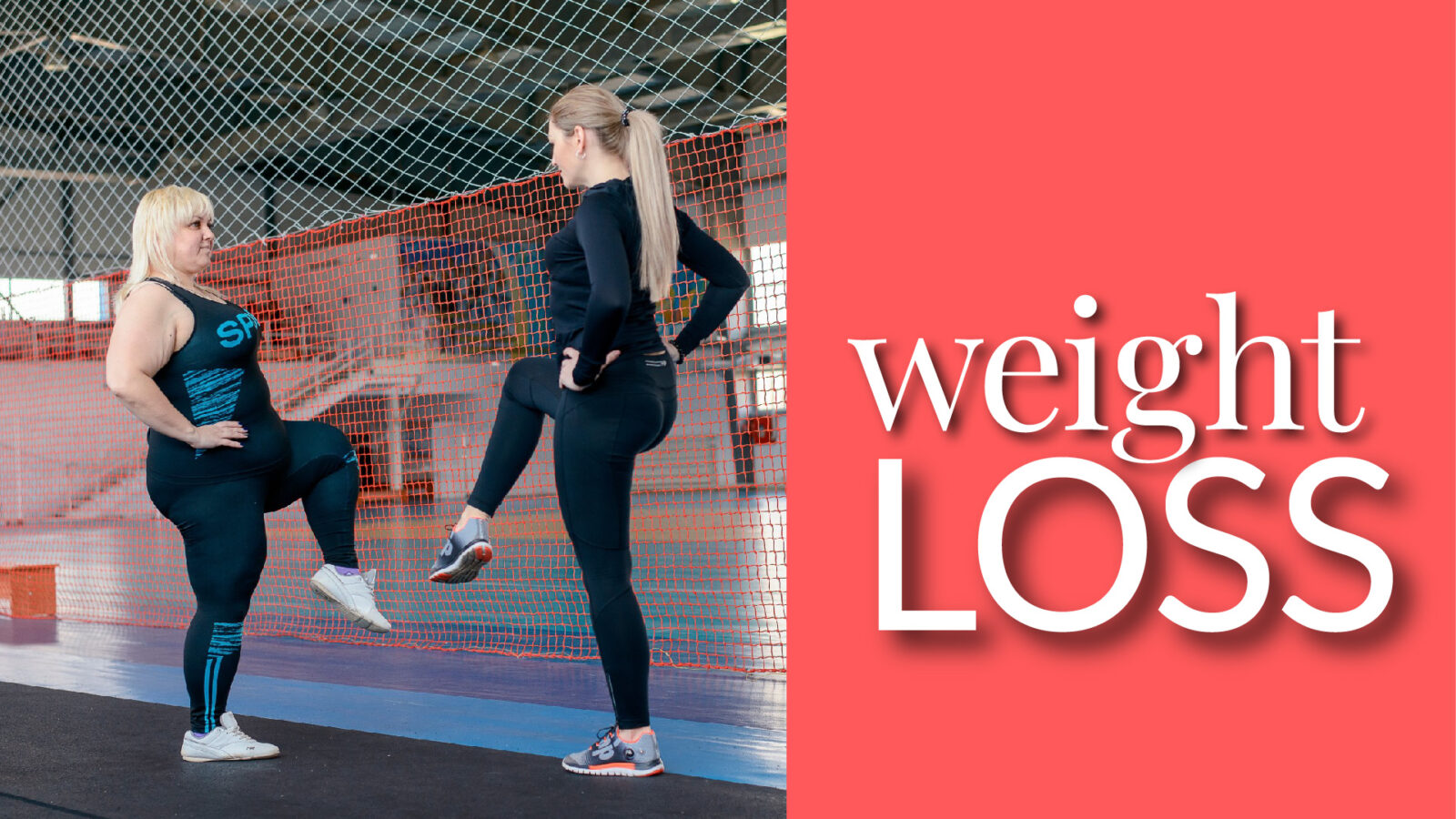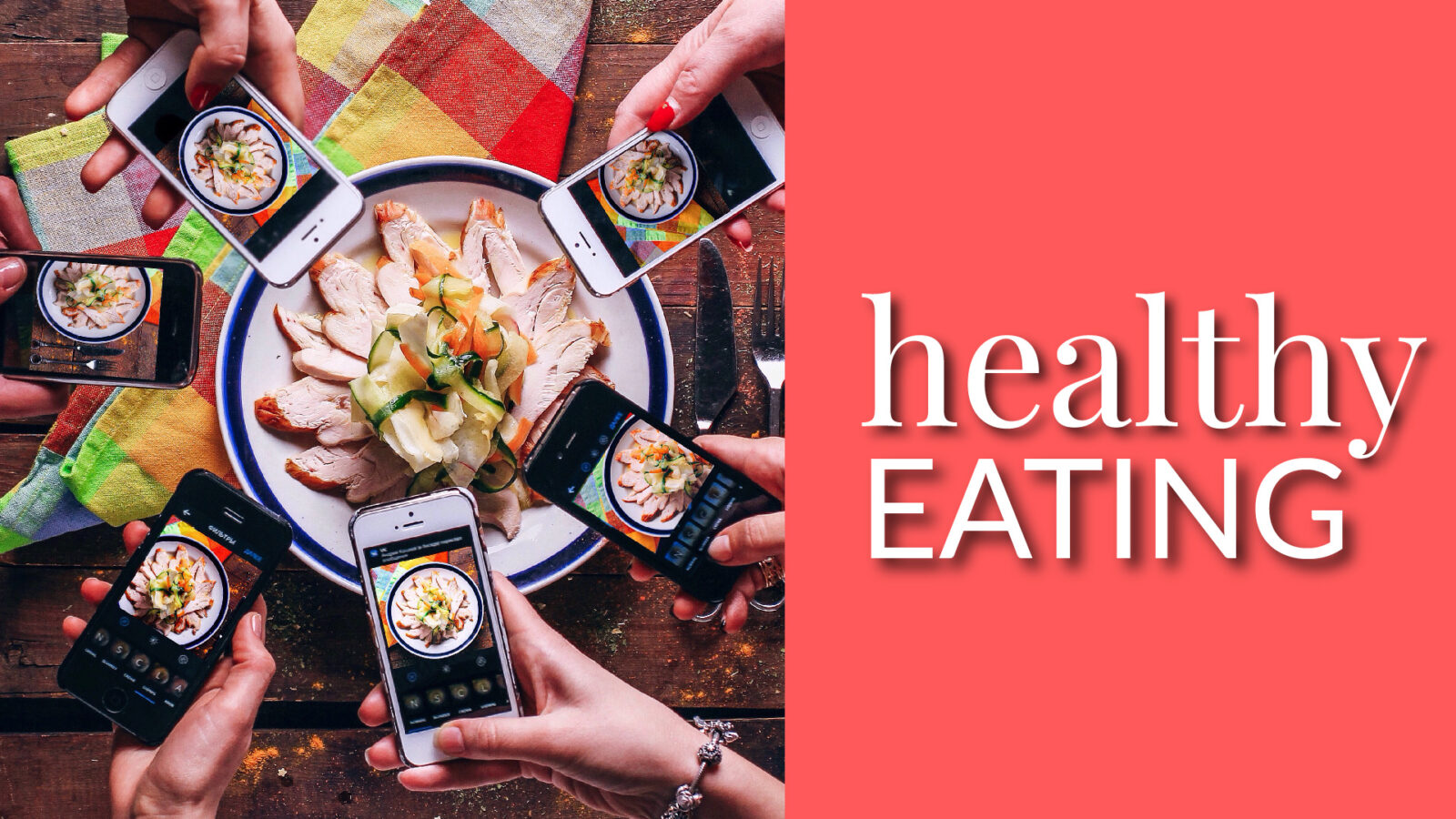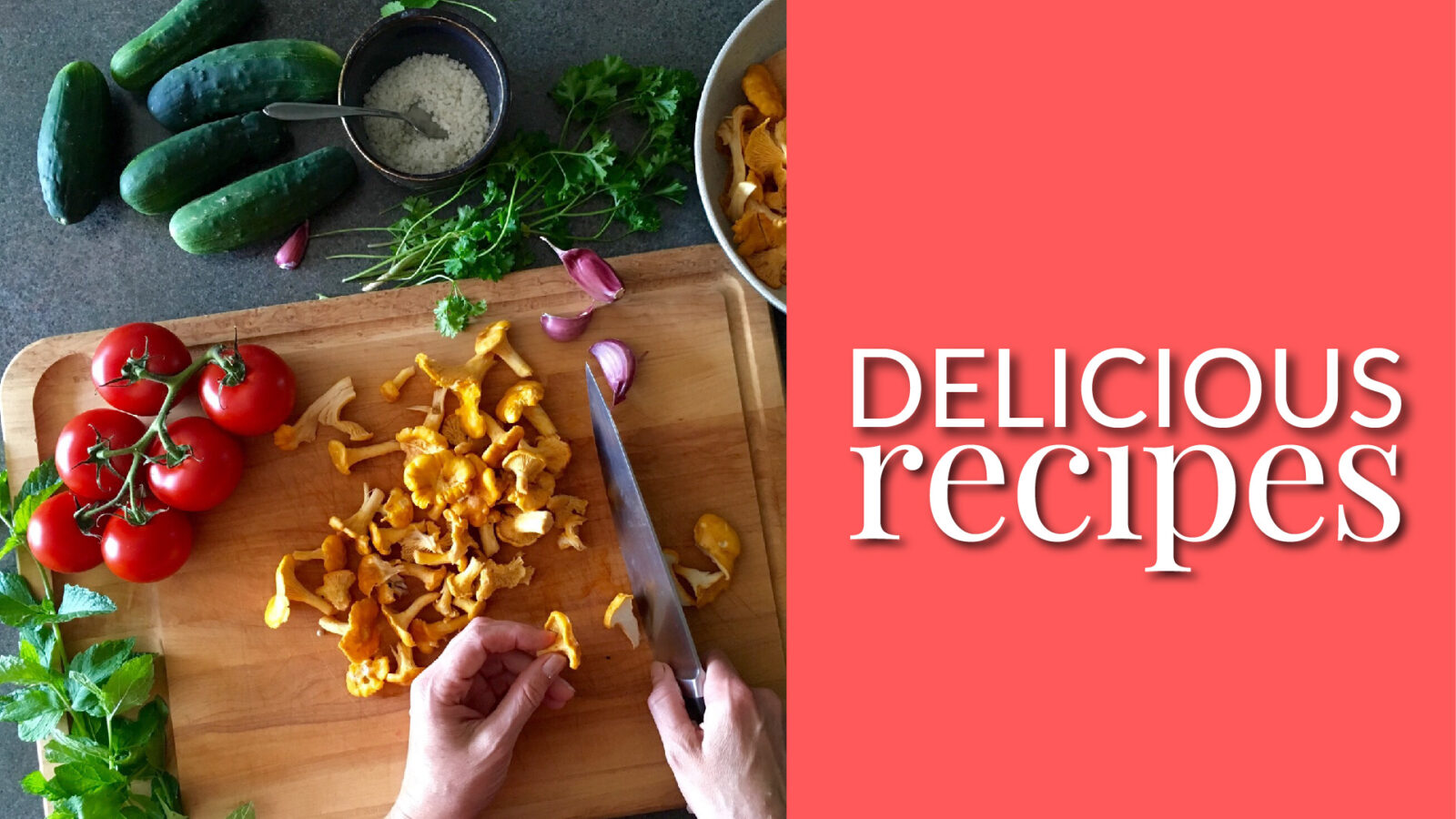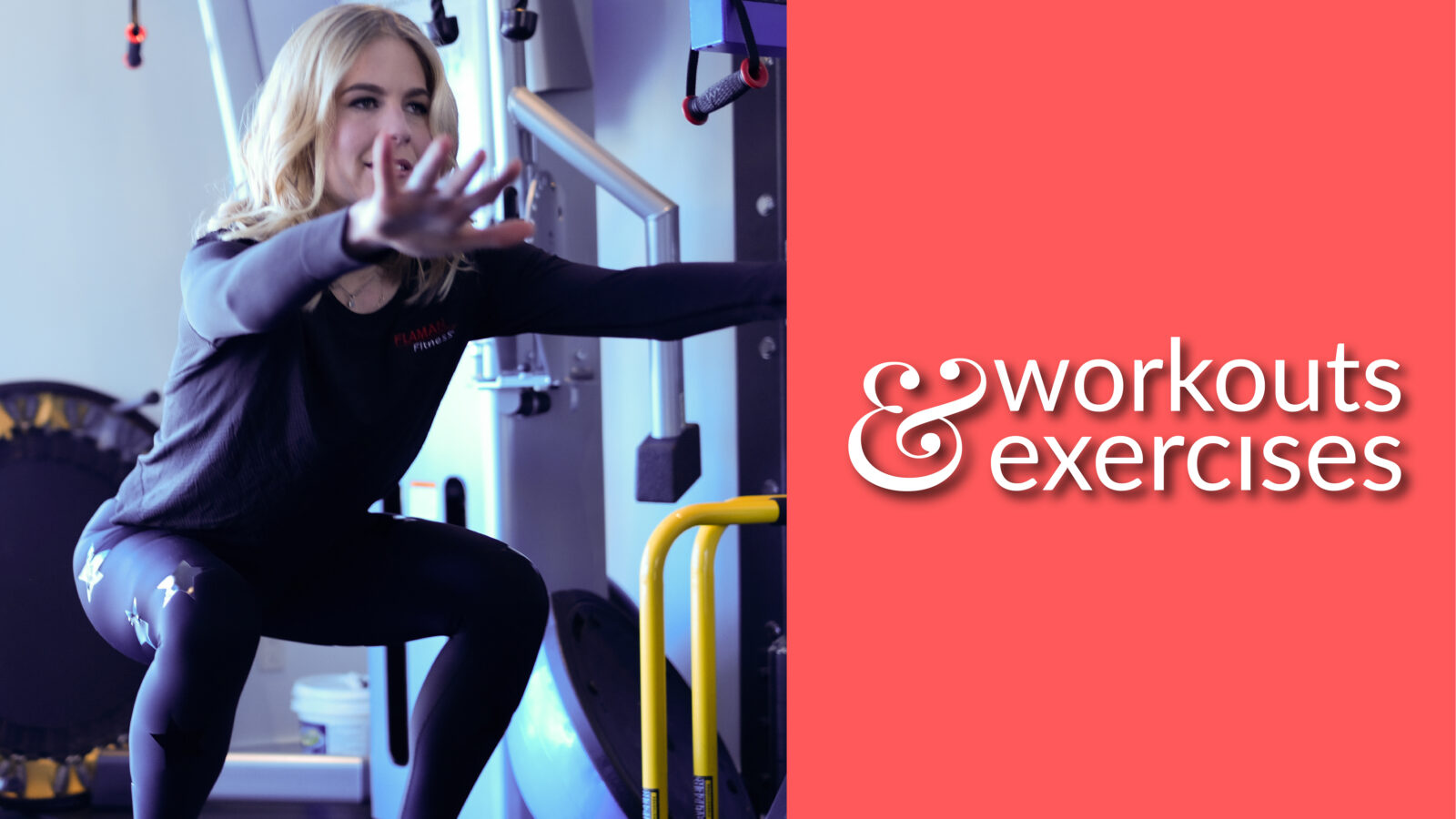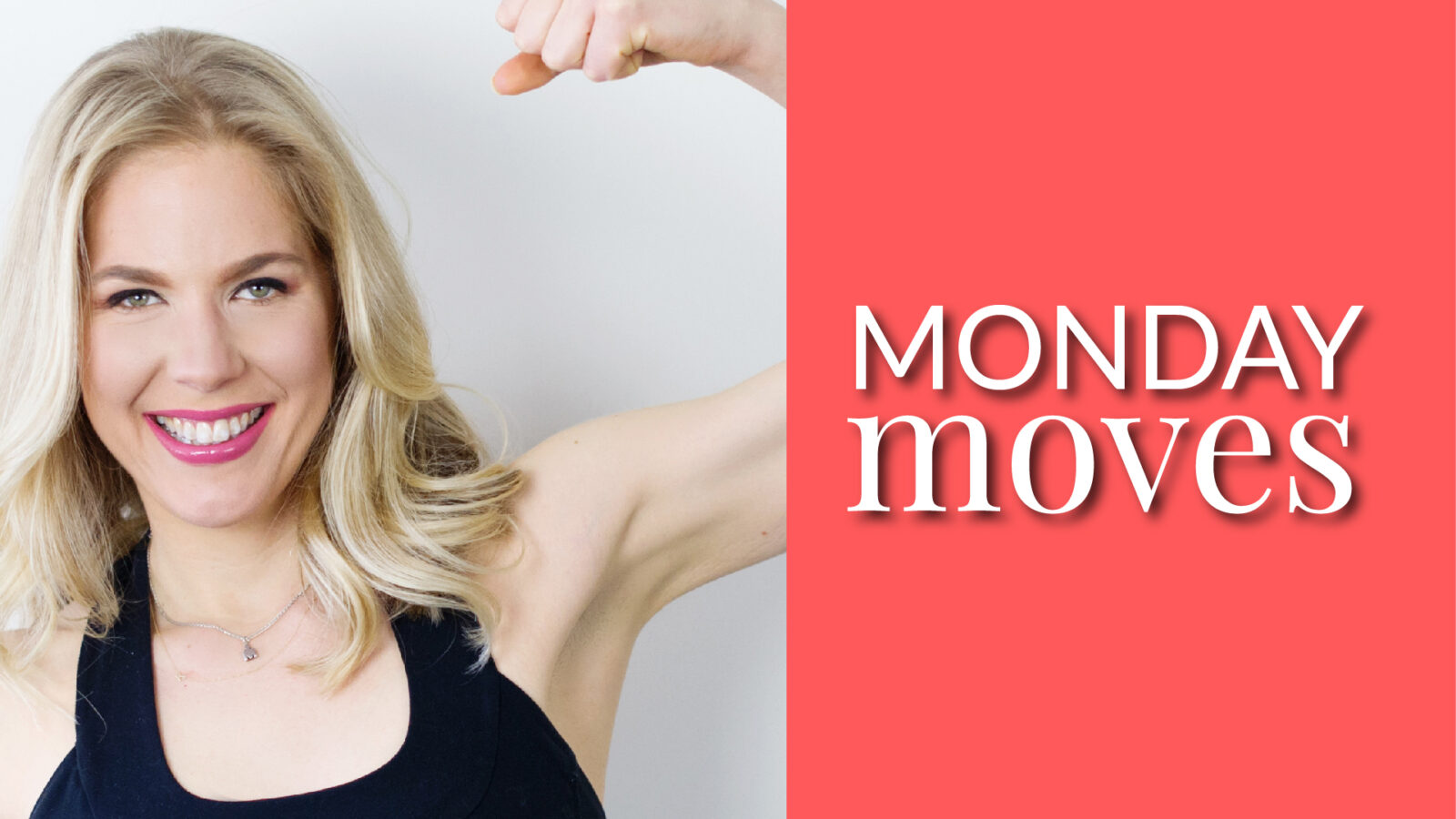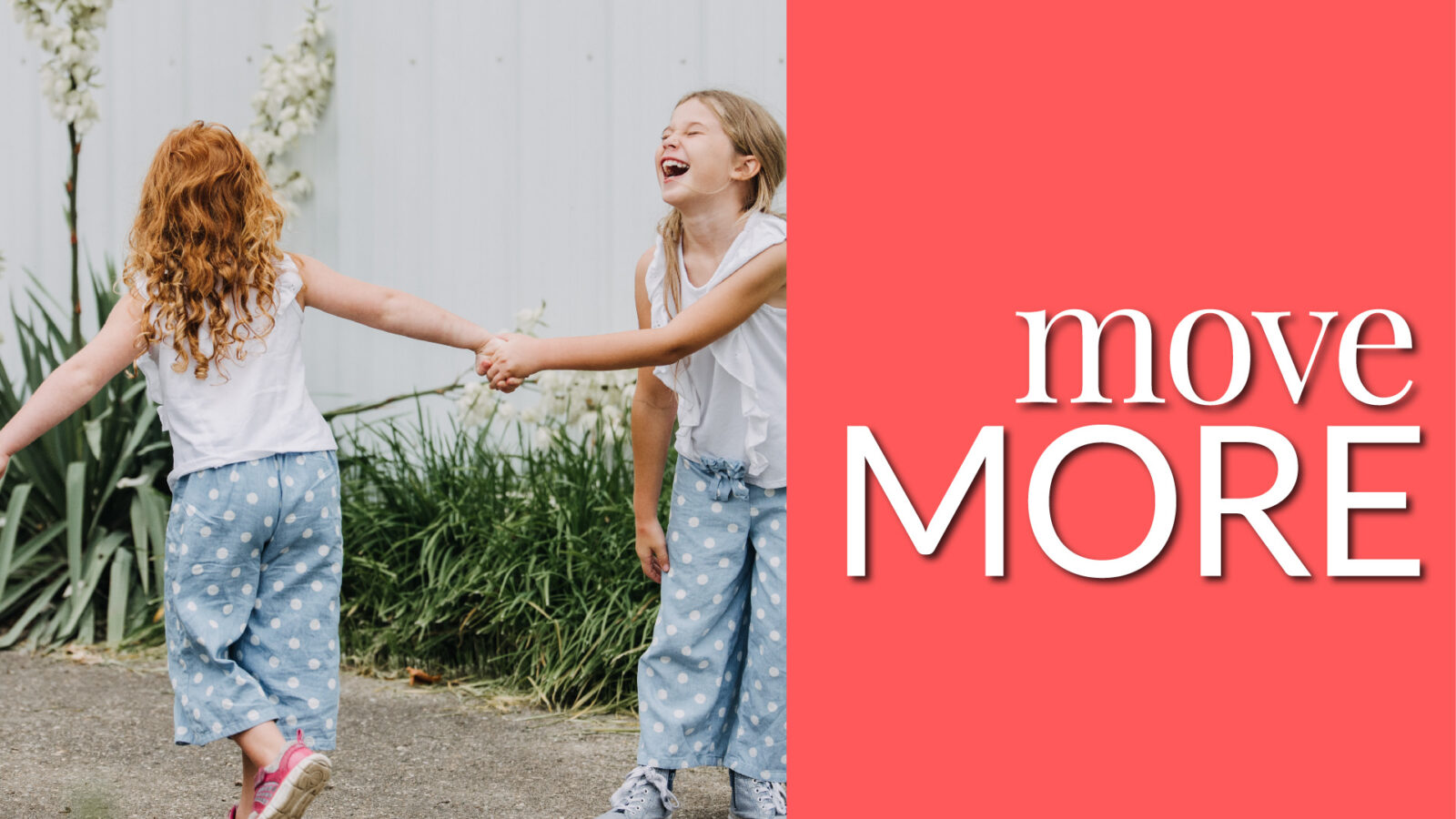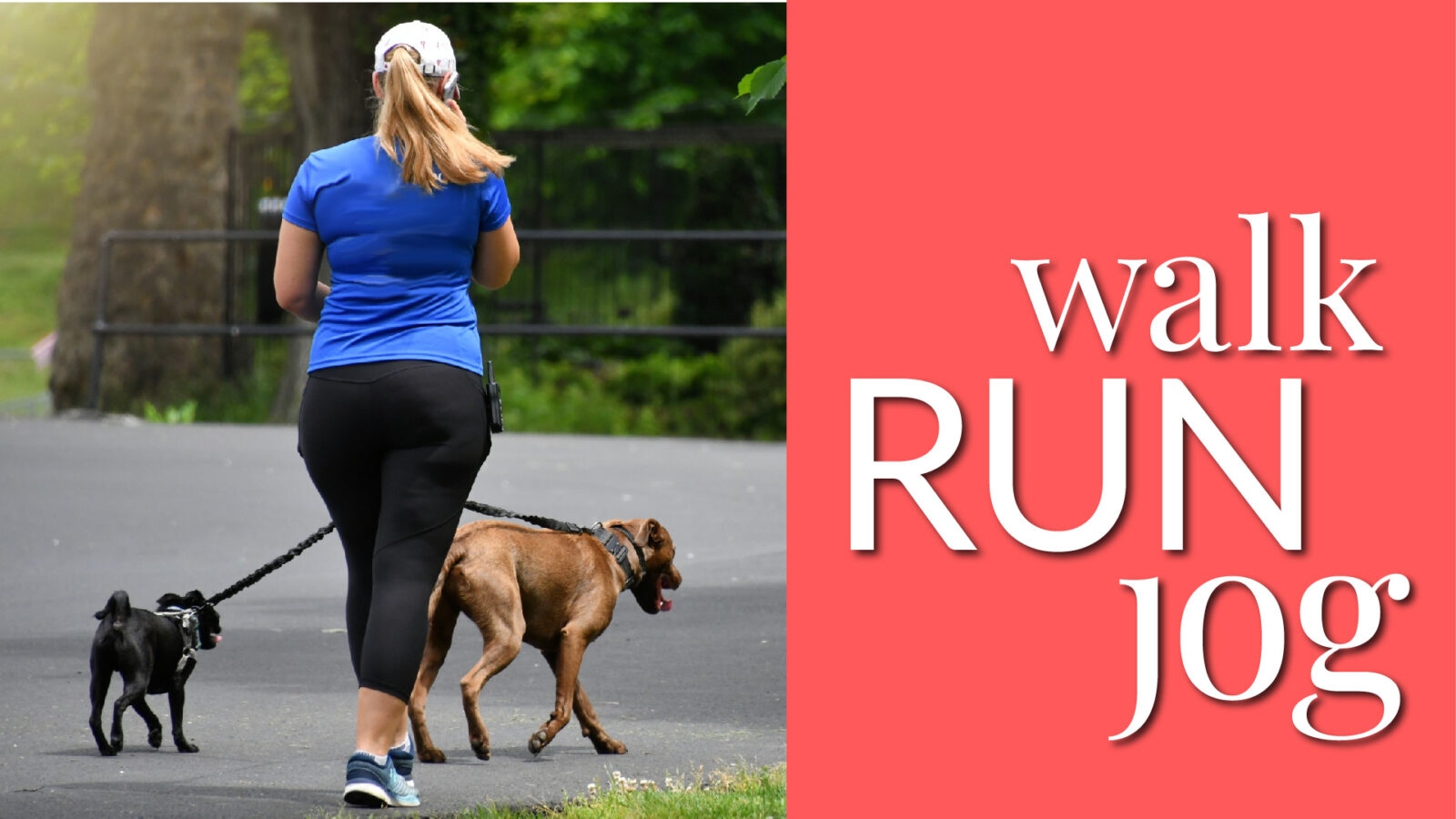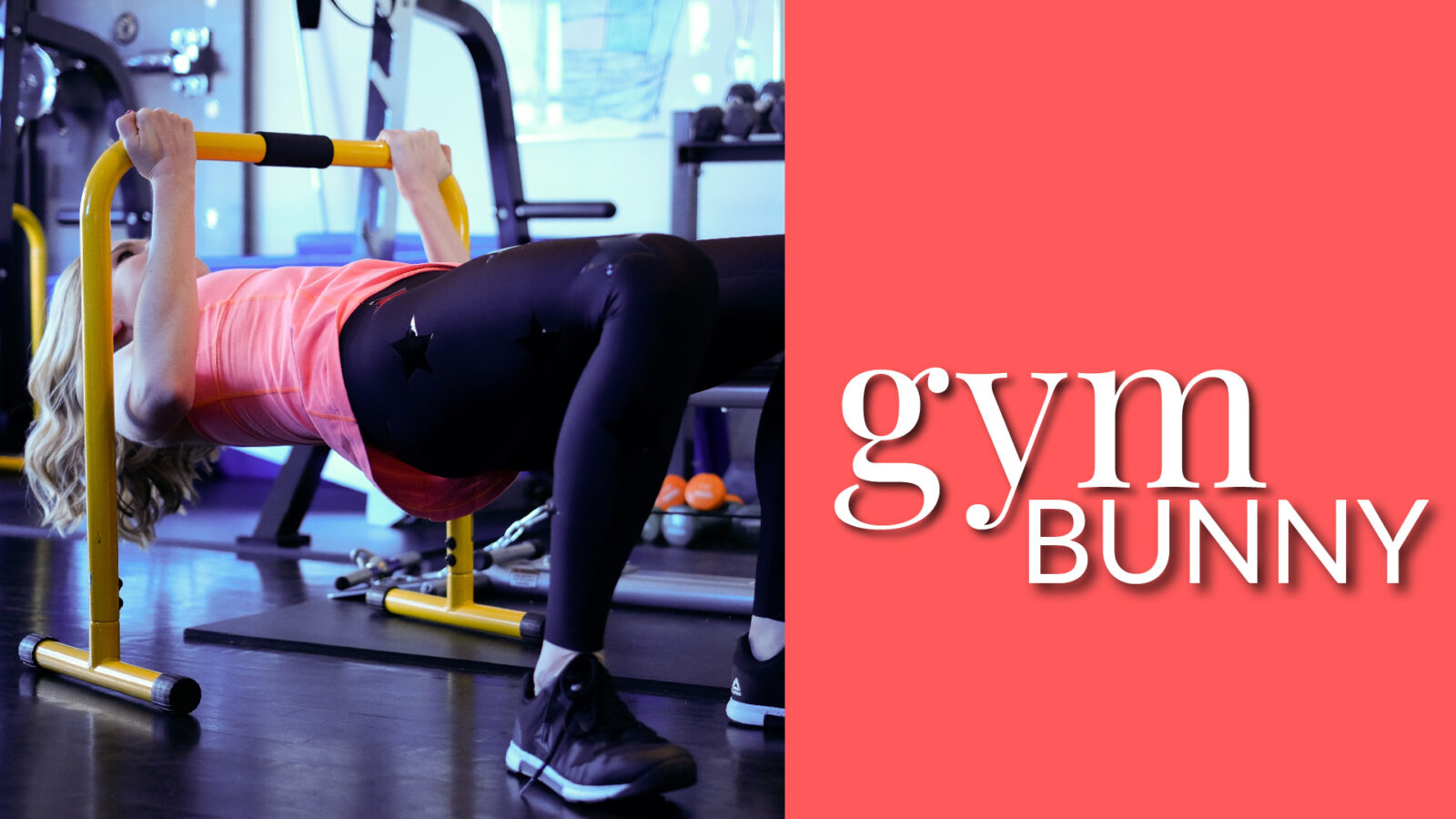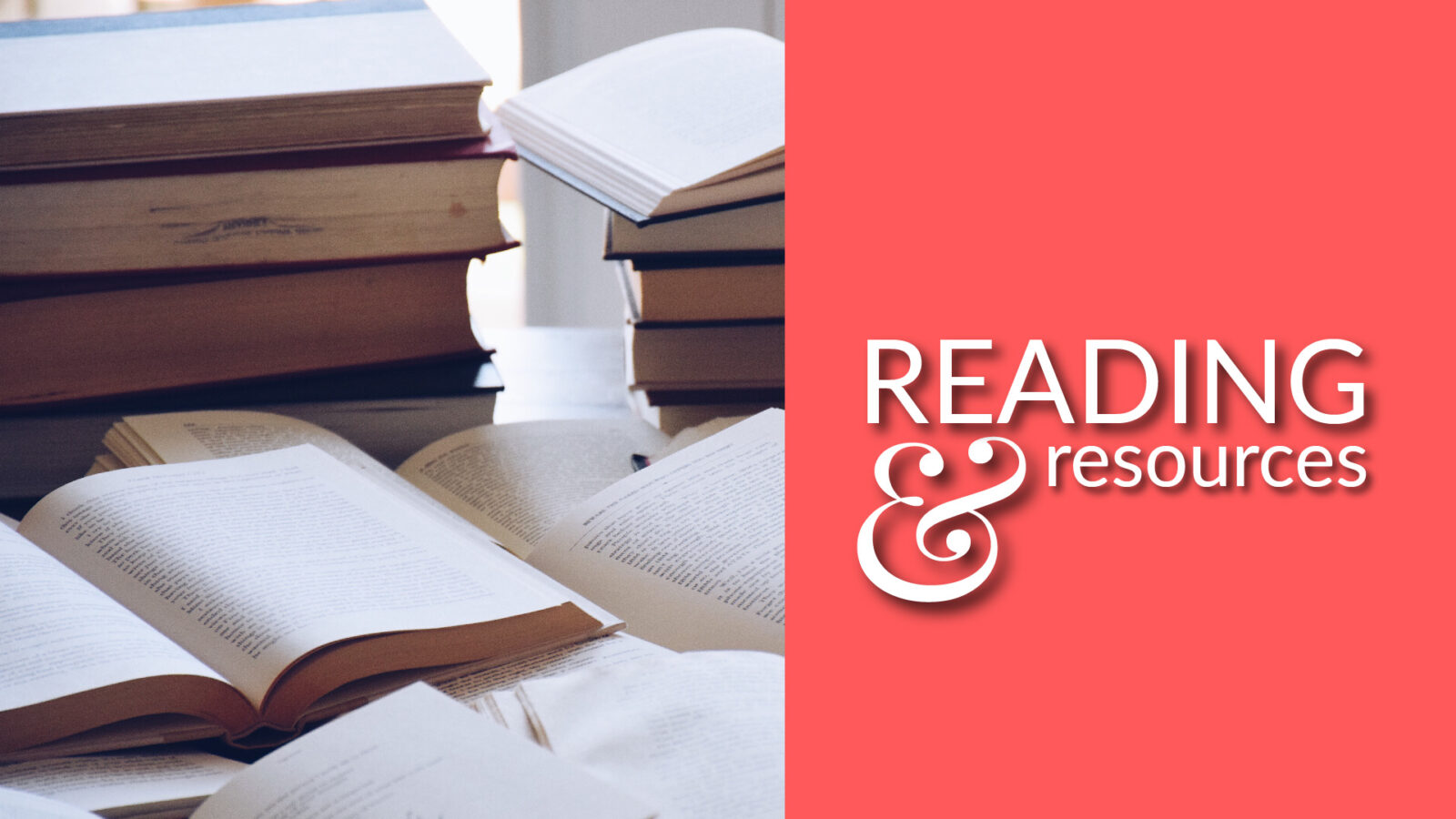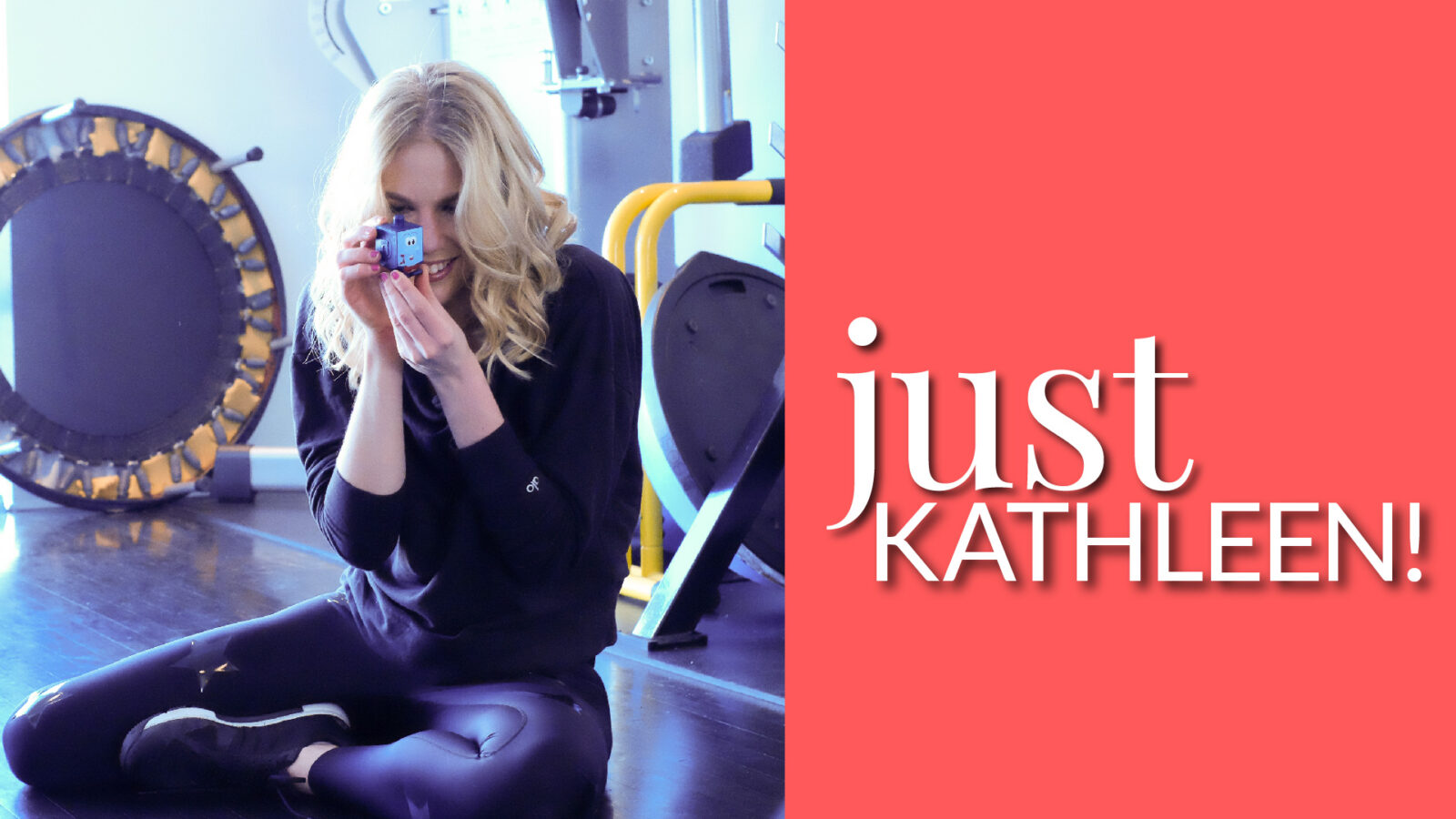Advice Not Given—by Mark Epstein
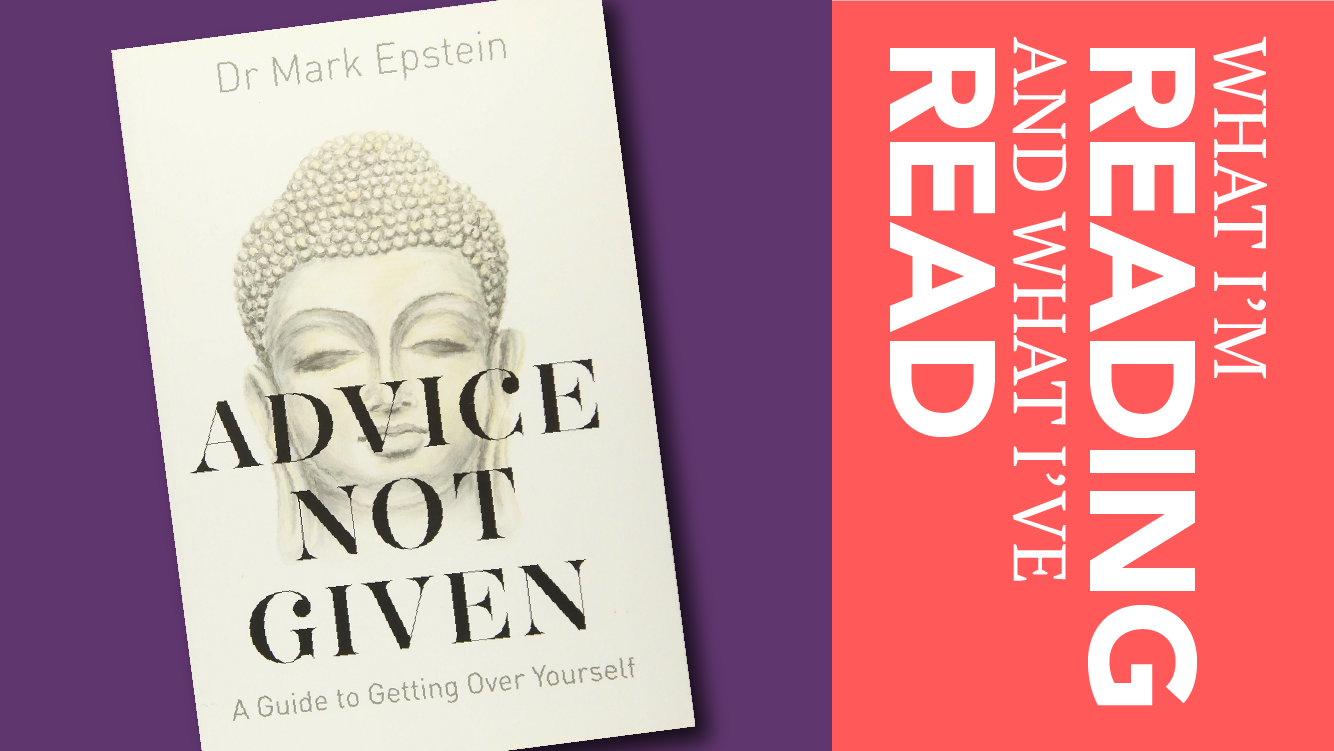
(Or in Kathleen speak: Want to Get Healthier? Shake the Trance of Desire. Get Comfortable in Discomfort)
In Advice Not Given, Mark Epstein attempts to demonstrate the transformative power of marrying psychotherapy and Buddhism. His thesis is that both disciplines teach the skills needed to “awaken”—to see the world from an objective lens and thus gain the ability to make choices free of desire, craving, and ego. Or in Kathleen speak, both disciplines teach skills that allow one to evolve into an “emotional ninja”—a ninja capable of creating a fit, healthy, happy future self despite momentary emotions, desires, and impulses.
My life thus far is an “N of one” that Epstein’s thesis has merit. Through years of therapy, meditation, mindfulness, etc., I have notably alerted my internal world for the better. I am a calmer and more focused me. I am more present in key relationships, I can walk myself off an emotional ledge, and I have an increased ability to follow through on my goals.
My ability to stay on my health horse is directly proportional to my emotional resilience and agility. The more of an emotional ninja I am, the more I follow through on my intentions. This point is key. If you have a history of falling off and climbing back on your health horse, I suggest you reallocate your resources from “miracle diets” etc., to learning how to regulate and understand your emotions.
There is a strong misconception that adopting a healthier lifestyle hinges on the amount of knowledge one has. FASLE. To paraphrase Derek Sivers, if knowledge was enough we would all be billionaires with six-pack abs.” We all—for the most part—know what a healthier choice is. We need to drink more water, sleep more, avoid processed foods, etc. It is not a lack of knowledge that derails us; it is our inability to withstand our self-sabotaging thoughts. Our momentary desires trick us. Our impulses allow us to let go of the big picture. Our ego talks us into self-sabotaging behaviour. Our unconscious thought loops, fears, and desires keep us “stuck”, unable to take responsibility for our thoughts and actions. You don’t reach your health goals by accruing more knowledge. You reach your health goals by learning how to control your brain and your emotions. You reach your health goals by learning how to act appropriately in every moment.
Back to why you should you care about Epstein’s book. The intent of my made-up title “Want to Get Healthier? Shake the Trance of Desire. Get Comfortable in Discomfort” for Epstein’s was to highlight that it is impossible to reach any health and fitness goal when under the trance of desire. The prison of impulses and cravings holds even the strongest among us captive. To achieve your health goals you need to become an emotional ninja—someone who can differentiate hunger from sadness, use self-talk for good rather than evil, act in ways that will make your future self proud and healthy, resist desires and cravings, get comfortable in the discomfort, foster mindfulness, get on the “change bus,” become a wise loot player, change the conversation, and exhibit “right action.” Have no idea what I am talking about? No problem! Read on.
Your Health Journey Starts Now
Get comfortable with discomfort.
Humans are unbelievably adaptive… when given the proper stimuli.
The body needs the “just right” dose of physical and emotional stimuli to get stronger. Think of it like Goldilocks—the stimuli should be not too hot and not too cold. The body will get stronger when given the appropriate dose of a given stimuli, be emotionally and/or physically traumatized when the dose is too high, and become stagnant when the dose is too low. To quote Tim Ferriss, “The dose makes the poison!”
Let me give an example. Your current capacity allows you to run 3 kilometres. Running 10 kilometers will most likely cause injury—it is too high of a dose. Running 3.5 kilometers will make you stronger—it is an appropriate dose. Sitting on the sofa for a month will make you weaker. The same dosage issue applies when trying to build mental fitness. If you want your brain to become more agile, for your mindset to improve, you have to “dose” yourself with an appropriate stimulus. Asked to handle too many emotions? The result is trauma. Asked to handle no emotional and psychological stimuli? The result is boredom and eventually probably depression. Your emotional resilience is challenged just enough? The result is growth. As I always joke with clients, the slogan “no pain, no gain” should be replaced with “appropriate discomfort, appropriate growth.”
In Buddhism getting comfortable in discomfort is done by learning how to be “above it all”—as in, “above” your emotions. You learn to non-judgementally recognize and sit with your thoughts and emotions without both leaning into them or ignoring them. Until you are able to note and acknowledge your emotions, your emotions control you. As humans we are always feeling, but we have a choice to be aware of our emotions and thus be (mostly) in control of our actions or to be unaware of our emotional state and thus give up control of our actions, relationships, inner state, etc.
As Charles Yung said, “Until you make the unconscious conscious, it will direct your life and you will call it fate.”
How does this connect to health? Once you can sit in some discomfort you can consciously respond to life vs reacting. To make healthy choices you need to be able to push past emotional discomfort and face your fears. Be sad, but don’t eat ice cream to numb your pain. Be fearful of a new exercise regime, but try it anyway. Don’t lean into the emotion. Don’t isolate from the emotion. Sit with the discomfort and then make a choice your future self will be proud of. Notice your emotions—your desire to flee from the gym because you are trying something new, your desire to eat the entire pint of ice cream, etc.—but don’t let your emotions direct your actions. Emotions are data not directives. Adopting a healthier lifestyle requires fostering the skill of making the right choice despite the discomfort.
The goal of meditation and mindfulness is not to be better at meditation and mindfulness but to be better at life!
Meditation can help you sharpen the skill of responding vs reacting. The goal is to learn how to non-judgmentally note your thoughts and emotions, to get better at simply noting when your thoughts wander and then pulling yourself back to the present.
Importantly, the goal of meditating is not to ace meditation but to be able to learn valuable skills “on the mat” that can be used “off the mat.” The goal is to build the “pull yourself back” muscle. Why? So that you can “pull back” in life. When you start to self-sabotage by saying something like “Screw my diet. I deserve to binge on ice cream” or “I am lazy and will always be lazy. There is no point in trying,” you can pull yourself back. Your self-talk can instead be something like “Nope, that is negative brain propaganda talking. Future me would be happier if I had some yummy berries and Greek yogurt” or “Nope, that is unproductive self-talk. I don’t have to be great to start but I do have to start to be great. Go for a walk.”
Struggle is a problem of the privilege of being alive. Change is inevitable. Get with the program!
Let go of control. An emotional “home” of clenched control brings with it a lack of emotional curiosity, a stagnate life, a life devoid of surprises, a lack of wonder about the world. You can’t be curious when you think you know how every moment of the future will play out!
You can’t control everything. You can’t know everything that is coming. You are not God. Even if you could know your entire roadmap, why would you want to?
I say this as someone who is working at letting go, of radically accepting what is. Letting go of control is almost impossible for me. I fight change. The façade that I can control my life is one of my strong coping mechanisms. I get huge stability from controlling my workouts, my schedule, my food, etc. I am trying to teach myself that change is inevitable, impermanence is inevitable.
Sure, control what you can control, but do so knowing that even with an amazing process you are not guaranteed a perfect product. Ace your process but let go of the outcome. Variance is not personal. Chance is not personal. Probabilities are not personal. Nothing is guaranteed—even with the best process. Everything is transient. Realistic expectations are the key to happiness, and constant control is not a realistic expectation.
When you buy into the myth that you can control everything you set yourself up for unhappiness, for discontent. Yes, ace your process. Sure, hope for an excellent product. Then if/when the product doesn’t materialize or when the world throws you an obstacle, don’t be surprised. Shrug and say “This ‘change thing’ again… cool. How can I best respond?”
Change can be good—for example, a child getting married. Change can also be the result of a frustrating obstacle. Either way, if you stay hooked on what was—your daughter as a teenager or life as it was pre-pandemic—you will be eternally unhappy.
Change is life. Regardless the size of the change or the magnitude of the obstacle, make your reaction constant—think “The world is the world yet again. How can I respond that will not compound the problem?” Surrender to the truth that the only thing you can control is your reaction.
Become a wise loot player—“Don’t string the loot too lightly or too tightly.”
The loot here is a metaphor for your emotions. The wise player has learned to find the middle ground—they know not to clamp down on feelings while also not giving emotions free reign. Wisdom is the ability to find the middle ground.
Extremes are easy. It is emotionally immature to isolate, to pretend you are not feeling something—for example, the boss didn’t hurt your feelings with her feedback, your girlfriend didn’t disappoint you when she forgot your birthday, etc. Ignoring emotions is not a healthy long-term coping mechanism. When you ignore feelings they usually bleed into other parts of your life—you mindlessly binge on food, yell at some unassuming store clerk, eat mindlessly, etc.
It is also emotionally immature to take emotions too seriously. Don’t assume that because you feel something it must be true. You might crave a cigarette or sugar, but that craving is a thought, not an act. You might “know” you boyfriend is an ass, when really you have been triggered by insecurity.
Again, feelings are data, not directives.
Be that wise loot player. Strengthen your ability to find the middle ground, to be wise—don’t indulge your feelings but also don’t deny your emotions. Note how you feel. Then react in a way that both honours the emotion and makes your future self proud. Feeling burnt out? Instead of a food binge have a bath, read a book, or call a friend.
Change the conversation.
Epstein states that therapy works when the discussion with the therapist changes the conversation one has with oneself. Meditation and mindfulness are only helpful “off the mat” when time “on the mat” changes one’s internal conversation—one’s perspective. A change in conversation is critical. It is only when the internal conversation changes that our actions and behaviours can change. Once you can note what you are thinking and feeling and divorce the emotions from the meanings that you have given thoughts, behaviours, memories, etc., you have a chance to change your actions.
Mel Robbins describes it this way: “The stories you tell yourself about why you’re stuck keep you stuck. Find the courage to change your story and you will get your power back.” Another way of saying this is when you are locked into a story of what has happened to you and what is wrong with you, you are locked out of your life. To get back into life (to actively create a life vs reacting) you must consistently face feelings that you have thus far ignored. The consistent message is change your story so you can relate to the world differently. Change your perspective to change your life.
How does this relate to health? You will never become your fittest future self with a story that is not serving you! For example, if you have always identified as an unfit person—if you have always told yourself that you are destined to be a blob—it will be near impossible to motivate yourself to exercise. You will self-sabotage with thoughts such as “Why even try? I am ‘naturally’ a blob!” You have to change your story. You have to learn how to interact with yourself differently. Reframe your story. Maybe say “I am not fit yet… but I can be.”
Decide on who you want your future self to be and then take on the thoughts and identity of that person. Acting in the now will create the you of the future.
Think “right action”
“Right action” is one step on what Buddhists call the Noble Eightfold Path, their path toward enlightenment. (In case you are curious, the other steps are Right Understanding, Right Thought, Right Speech, Right Livelihood, Right Effort, Right Mindfulness, and Right Concentration). I am not sure about enlightenment, but I know that exhibiting right effort will take you toward your fitter future you!
What is “right action?” I understand it as acting in ways that will allow me to calmly live with me, to exist in my own head with mental ease and personal respect. Obviously, right action includes not acting destructively—no murder, etc.—but it also includes intentionally architecting a life that allows me to feel proud when my head hits the pillow. Right action is living in my integrity. It is controlling what I can control and letting go of the rest. It is intentionally making choices the serve me and the direction I want my life to take. When at a crossroads I often ask myself, “Which of these choices will make me proud of me?” When it comes to health this means acting in line with your health values. If you want to eat healthy food, food prep. If you want to be more active, schedule it into your life. Don’t just talk about your goals. Live your goals. Do the verb to become the noun. Want to be a runner? Run. Want to be healthier? Drink water and eat vegetables.
“Take it all personally without taking it all personally.”
Take your actions and the actions of others seriously, but don’t become the emotion. Epstein would say “Hold your emotions with tenderness and humour.” Don’t believe everything you think and feel. Don’t buy into that the idea that just because you feel something it is the “right” way to feel, or the only way to feel. Note your emotions, but also be skeptical of them.
“Take it all personally without taking it all personally” is my new mantra, especially when taking feedback. I am trying to learn how to take feedback with grace. Feedback has historically made me feel insecure. When insecure I usually get defensive. My first instinct is that the other person is wrong and I have to prove my case. I am working to note the defensiveness—take it seriously—but then remind myself that maybe the need to prove my point is ego-based insecurity. I allow for the possibility that my gut reaction is wrong. Maybe I don’t need to be defensive. This helps me respond to the feedback, to take what is useful and let go of what is not. I take the feedback and my reactions seriously, but not as gospel.
Final thoughts
Therapy, Buddhism, and meditation are not panaceas. Nothing can make life easy or “perfect,” but all three can help you face life with more resilience and agility. Therapy, Buddhism, and meditation lay the groundwork for one to learn how to “struggle” well. They help you change the way you relate to challenges and modify how you connect with past versions of yourself. As Epstein would say, “The more present you are with your thoughts and fears the less you have to be run out of the room by them.” Now when a child version of me rears her ugly head, I am more able to kindly say to that version of me “I appreciate your service, but I don’t need you at this moment.”
“Perfect” emotional resilience doesn’t exist, but I am working to become a stronger emotional ninja. Now, becoming an emotional ninja takes time and intentional practice. “Breaking free of the prison of impulses, shaking the trance of desire and getting comfortable in discomfort” takes time. I have to remind myself of the lessons I have learned. I have been meditating for almost five years and it is still really hard to take the lessons “off the mat.”
You don’t read one book and instantly become an emotionally resilient, meditating ninja! The key is to trend positive—to slowly build patience, calmness, and the ability to non-judgementally note choices and thoughts… to slowly build the strength to appreciate the present while simultaneously making choices that will serve your future self!
Note: If you don’t feel into reading Epstein’s full book, check out one of his interviews on Dan Harris’ the Ten Percent Happier podcast.

